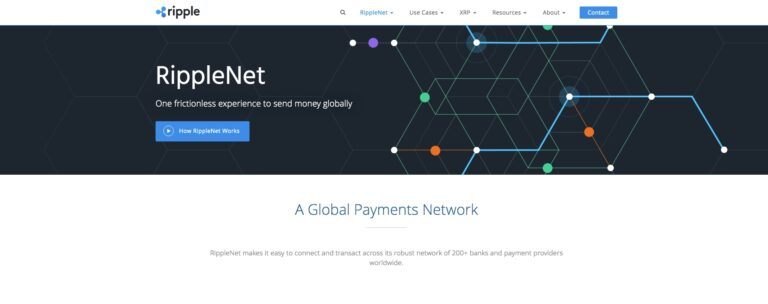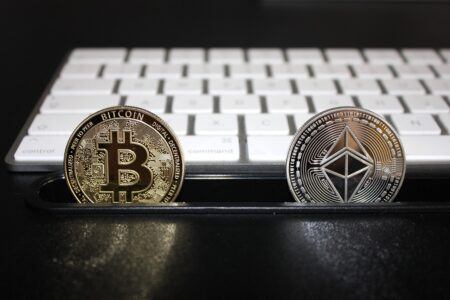PNC Financial Services Group (“PNC”), one of the largest banks in the U.S., has reportedly gone live with RippleNet, thereby becoming the first U.S. bank to use Ripple’s global payment network for processing cross-border payments.
As previously covered by CryptoGlobe, on 19 September 2018, cross-border payment specialist Ripple announced that it had signed up PNC Bank, a top 10 U.S. bank.
PNC is the eight-largest U.S. bank, according to the latest numbers from S&P Global Market Intelligence, with around $392.84 billion in total assets. It has over eight million customers (consumers, small businesses, and large corporations) that use its “various deposit, lending, credit card, cash management and investment services,” and retail branches in 19 states. Ripple said at the time that its technology “will have an immediate impact on each of those groups, enabling PNC’s commercial clients to receive payments from overseas banks in real time.”
By using Ripple’s xCurrent product, a commercial client in one of the U.S. states can now receive a payment from a UK customer will be able to receive payments almost instantly, which has a transformative effect on the way “they manage their accounts receivable and allowing them to better manage their working capital.” The plan was to use Ripple’s xCurrent product in production as soon as possible.
Asheesh Birla, Ripple’s Senior Vice President of Product, said back in September 2018 that Ripple is hoping that once PNC has become comfortable with using xCurrent, it can get PNC to also use Ripple’s liquidity solution, xRapid:
With PNC, the idea is to get a few corridors lit up with xCurrent … When they're ready to start talking about emerging markets, we'll introduce them to xRapid. We're working to get them started with xCurrent so it's not a completely new feature to move to xRapid.
Earlier today (August 29), FinTech Futures reported that PNC Treasury Management “has gone live with RippleNet”:
The ability to receive a payment from an overseas buyer against their invoices instantly, transforming the way they manage their global account receivables and allowing them to better manage their working capital.
Featured Image Courtesy of Ripple








